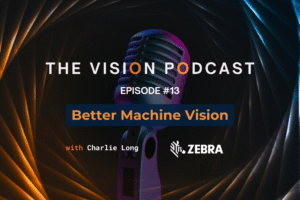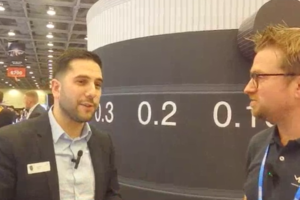Companies in the Automotive industry have always been at the forefront of innovative manufacturing practices. To remain at the cutting-edge, they rapidly adapt and adopt the latest developments in technology.
This approach equips them to face evolving market demands as well as supply chain challenges. The next step to driving the competitiveness and profitability of manufacturers even further is integrating real-time data generation and management within all aspects of car and part production. This is what Lucas Majewski, Global Director of Automotive/EV Industry, Factory Automation, at Mitsubishi Electric, outlines in the videocast “Trends in Automotive – Data means Energy”.

Already featuring state-of-the-art industrial automation applications, such as robotised production lines, car manufacturing and assembly plants can incorporate additional innovative digital technologies to further enhance performance, flexibility and sustainability. Real-time data are key, as explained by Lucas Majewski, who identifies their potential to advance nearly every aspect of automotive production. In effect, industry players can use them to gain intelligence on machines and manufacturing lines, supporting more effective decision making as well as automated responses, for instance, through predictive maintenance and process adjustments.
The ability to generate and analyse data in real-time can also help companies have a comprehensive overview of energy use and carbon footprint. This insight, in turn, can support the implementation of activities aimed at reducing electricity costs as well as emissions, unlocking more effective and eco-friendly operations, in line with business and customer demands as well as new regulations.
Watch the full interview with Lucas Majewski about “Trends in Automotive – Data means Energy” Videocast and learn more about data-driven automotive production.
Mitsubishi Electric recently invested an additional 42.5 billion yen, or approximately 275 million euros, to construct a second production building for the manufacture of factory automation (FA) control system products at Owariasahi City, Aichi Prefecture.
















